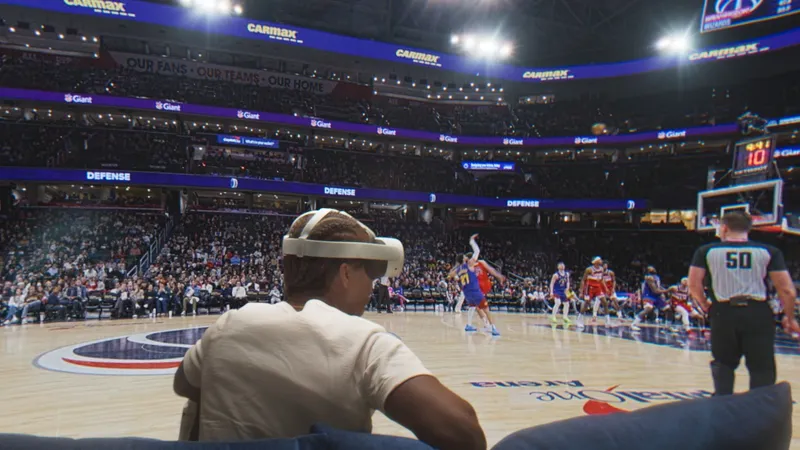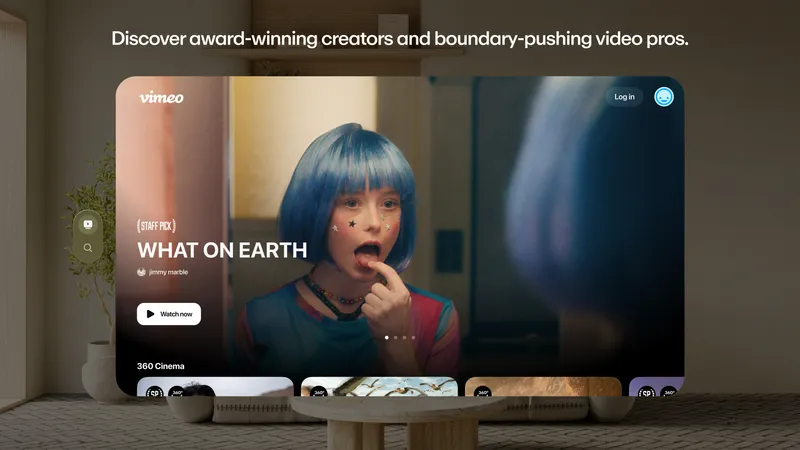Earlier last week, we reported on some pieces of Oculus’ Terms and Conditions that felt somewhat disconcerting. Basically when you agree to the Terms and Conditions you give Oculus the right to automatically collect certain types of data such as when where and how you interact with a VR experience and how you move through virtual space. The document spells out a number of ways in which this data could be used, including for marketing purposes. It turns out, however, that Oculus doesn’t intend to sell your data to advertisers (or to Facebook) anytime soon.
“Facebook owns Oculus and helps run some Oculus services, such as elements of our infrastructure,” Oculus told UploadVR in an email, “but we’re not sharing information with Facebook at this time. We don’t have advertising yet and Facebook is not using Oculus data for advertising .”
As written Oculus says its privacy policy is meant to help “create the absolute best VR experiences for people,” by collecting certain pieces of data that can help them improve the platform – such as “checking device stability.”
While Oculus and Facebook aren’t currently working together to share your data with advertisers, it isn’t something the company is completely ruling it out saying “these are things we may consider in the future.”
It seems clear that advertising is in the longterm roadmap for Oculus and Facebook, the opportunities are simply too ripe. With VR advertisers get access to a whole new layer of even more heavily focused metric data. For example they can tell exactly where you focused the most on the 360-degree video ad you just watched in your newsfeed and use that data to better target you in the future.
Update: For clarity, here is the full, unedited statement from Oculus:
At this time, there are not many places where people can upload their content to the Oculus platform. As we add more features, we’re working to understand the best ways to give people more control over how they share content in VR.
We want to create the absolute best VR experience for people, and to do that, we need to understand how our products are being used and we’re thinking about privacy every step of the way. The Oculus privacy policy was drafted so we could be very clear with the people who use our services about the ways we receive or collect information, and how we may use it. For example, one thing we may do is use information to improve our services and to make sure everything is working properly — such as checking device stability and addressing technical issues to improve the overall experience.
Lastly, Facebook owns Oculus and helps run some Oculus services, such as elements of our infrastructure, but we’re not sharing information with Facebook at this time. We don’t have advertising yet and Facebook is not using Oculus data for advertising – though these are things we may consider in the future.

























